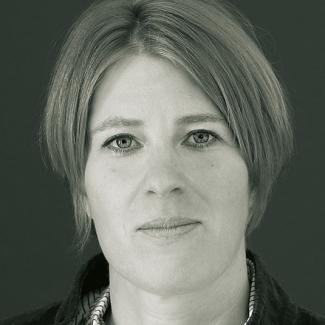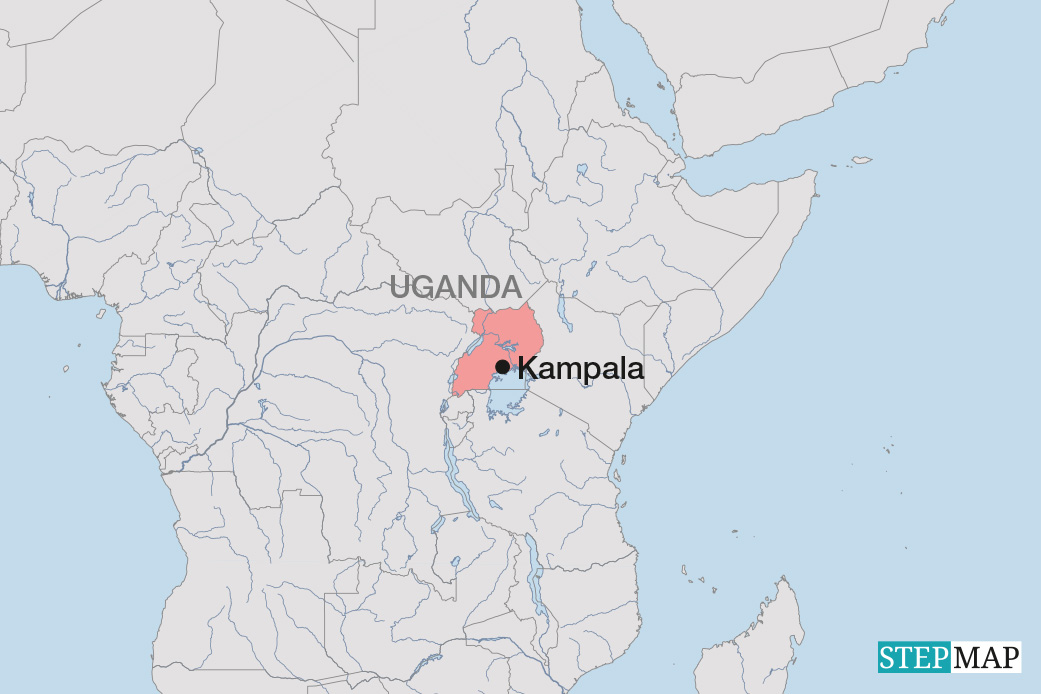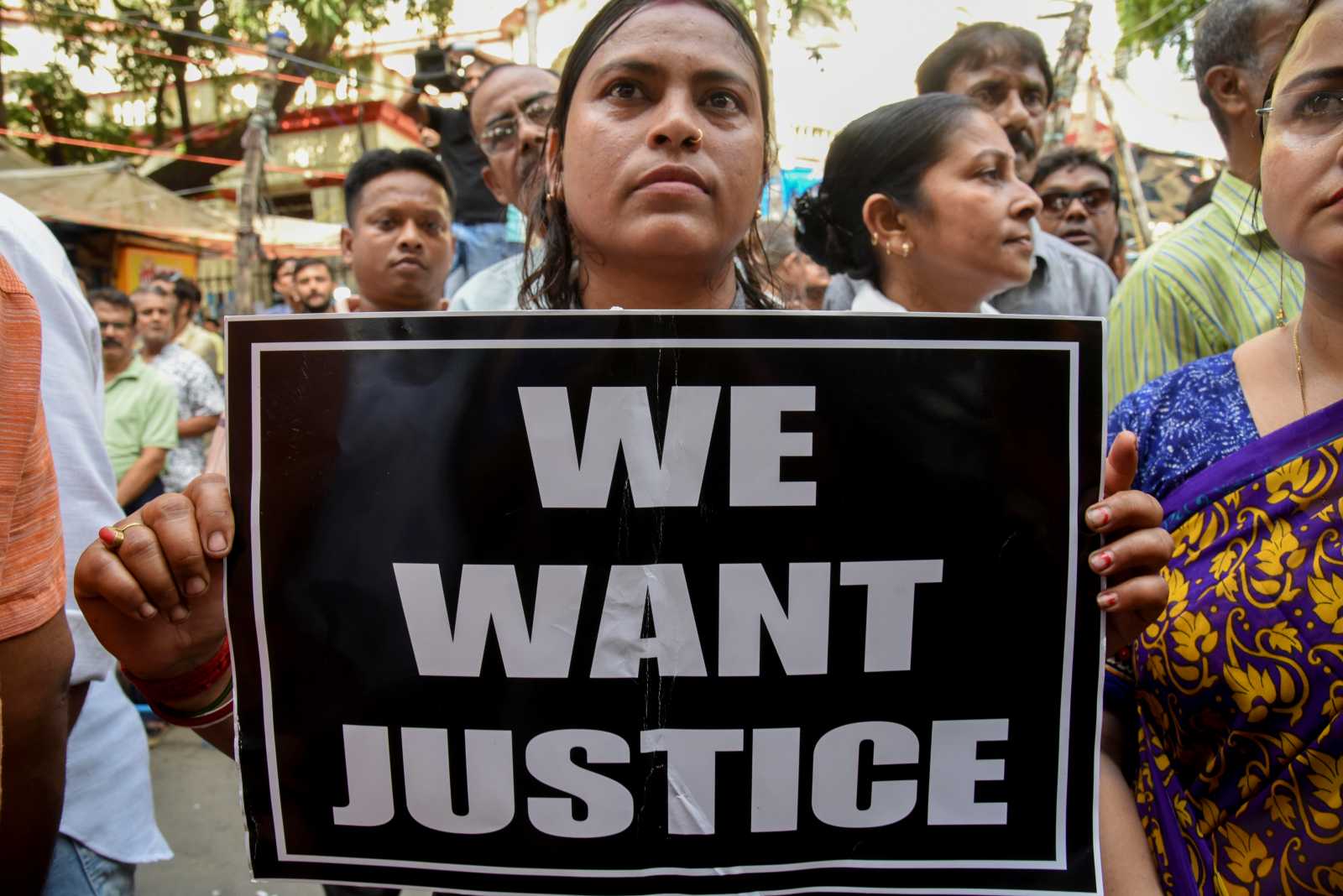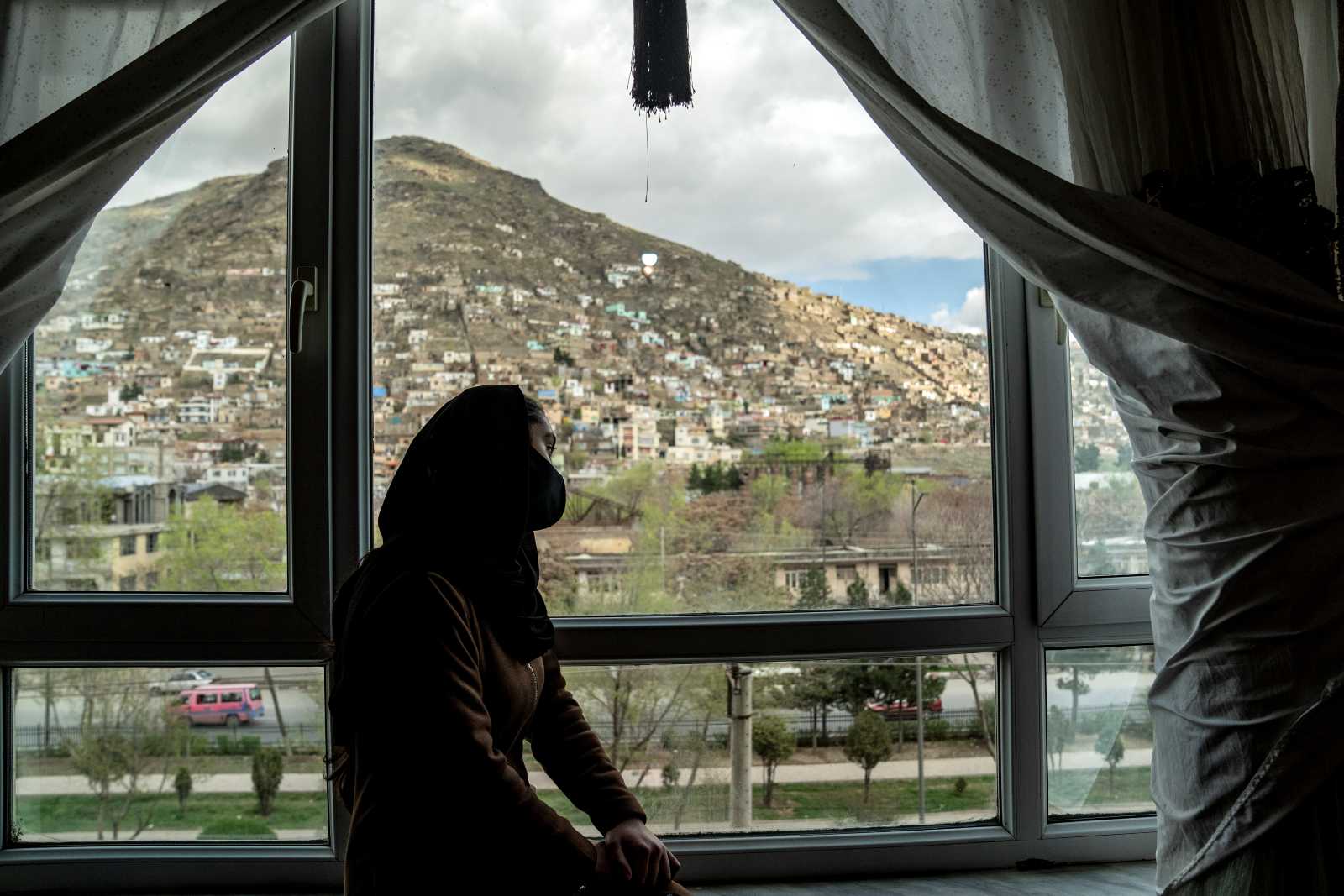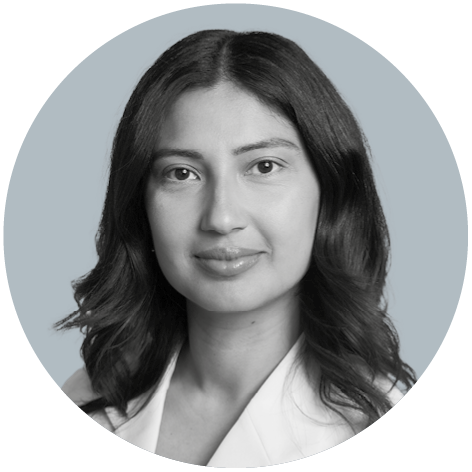LGBTQ rights in Africa
LGBTQ rights in Africa – between progress and backlash
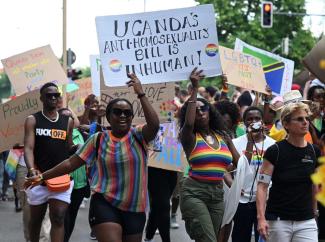
Homosexuality is currently considered a crime in 66 countries worldwide according to the International Lesbian, Gay, Bisexual, Trans and Intersex Association (ILGA). 33 of them are in Africa. Countries such as Nigeria, Sudan, Somalia and Mauritania have laws in place that impose severe penalties, including imprisonment and in some cases even death sentences.
Most recently, Uganda’s “Anti-Homosexuality Act” led to an international outcry from human-rights activists. It was ratified by president Yoweri Museveni in March. The law foresees up to 20 years of imprisonment for homosexual practices. In cases of “aggravated homosexuality”, the consequence is death penalty. “Aggravated homosexuality” includes sex with people under 18 or the involvement of a HIV-positive person.
Anyone who provides medical care to homosexuals, accommodates them or represents them in court is liable to prosecution as well. The “promotion of homosexuality” is a criminal offence too. Media organisations that share information on LGBTQ issues face serious consequences, including a hefty fine of 1 billion Ugandan shillings (€ 250,000) and a ten-year licence revocation.
The few organisations that supported the LGBTQ community in Uganda were deprived of any legal basis. Support from western organisations or Ugandans living abroad is severely hampered as well. This law makes it impossible for LGBTQ persons to live and express their true selves. Essentially, it aims to eradicate queerness in Uganda.
At the same time, there have been positive developments in a few African countries. Namibia recently recognised same-sex marriages concluded outside the country. South Africa has offered full legal protection to LGBTQ persons for some time. But even here, social acceptance is limited outside the three major cities of Johannesburg, Durban and Cape Town.
Other countries, including Botswana and Mozambique, have made legal progress in recognising LGBTQ rights, but are still far from legal equality and even further from social acceptance. In April, the NGO Plan International launched the “Amahitamo Yanjye (“My Choice”) Comprehensive Sexuality Education Toolkit” in Rwanda, which targets adolescents and young people under the age of 24. It aims to address teenage pregnancy and includes information on homosexuality and other sexual orientations. There is no restriction on the discussion or promotion of LGBTQ issues in the country.
“Un-African”?
One reason for the continued oppression of LGBTQ persons and the sluggish progress towards equality in just a few countries is a certain narrative put forward across Africa: homosexuality is an import from the west, a neo-colonial attempt to weaken the continent. Kenya’s President William Ruto described homosexuality as incompatible with African culture and religion. In Ghana, journalists launched an anti-queer campaign in response to the opening of a LGBTQ centre in Accra, calling homosexuality “un-African”. Moreover, there are countless conspiracy stories circulating on social media, which essentially boil down to the West trying to eradicate Africans by spreading homosexuality.
As a matter of fact, this narrative is simply wrong historically. There is evidence, for example, that King Mwanga II was openly gay in the kingdom of Buganda, which comprises part of present-day Uganda.
He is perhaps one of the most famous gay pre-colonial African figures, but he was not the only one. Before European colonisation, many African societies had different understandings and expressions of same-sex relationships and identities according to Sylvia Tamale, a Ugandan human-rights activist and law professor who researches the history of sexuality in Africa. The ancient cave paintings of the San people near Guruve in Zimbabwe, for example, show two men engaged in a form of ritual sex. The “mudoko dako” or feminised men among the Langi in northern Uganda or the “mawali” in Zande society in central Africa were treated as women and could marry men.
The vocabulary used to describe same-sex relationships in African languages is further evidence of their existence in pre-colonial Africa, as Tamale’s research shows. Basotho women in what is now Lesotho engaged in long-term relationships called “motsoalle” (special friend), the Shangaan in southern Africa referred to same-sex relationships as “inkotshane” (man-woman), and the Wolof language spoken in Senegal has always had a word for this as well (“gor-digen”).
However, Tamale emphasises that same-sex activity in Africa was not always an expression of desire and differs to some extent from the contemporary Western concept of sexual identity. According to her research, same-sex acts also took place for spiritual and ritual purposes and as part of sex education among peers.
As much as these studies can prove that homosexuality was hardly brought to Africa by western powers, they should not hide the fact that same-sex relationships were widely rejected in pre-colonial times too. The colonisers and Christian missionaries then further criminalised them and introduced laws and moral codes that reflected the attitudes prevalent in their home countries at the time.
Lissa Janet is Communications Officer at Queer Youth Uganda.
Anonymous author
Isabella Bauer is a freelance journalist and consultant.
post@isabellabauer.de
